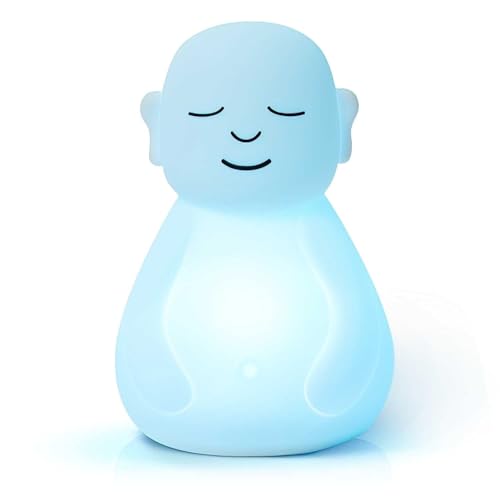Meditation transformed my life by enhancing my focus, reducing stress, and fostering a profound sense of inner peace and emotional resilience.
Meditation isn’t just about sitting quietly – it’s a revolutionary practice that rewires your brain, reshapes your perspective, and unlocks hidden potential. My journey from skeptic to devoted practitioner revealed profound changes that extend far beyond the meditation cushion.

The Unexpected Beginning
Like many, I approached meditation with skepticism. The idea that simply sitting still could create meaningful change seemed too good to be true. My breakthrough came when I discovered beginner-friendly meditation books that explained the science behind the practice in accessible terms.
First Attempts and Frustrations
My initial sessions were frustrating. The mind wanders – this is normal. What changed everything was learning that meditation isn’t about stopping thoughts, but observing them without attachment. This shift in understanding made all the difference.
The 10-Minute Miracle
Committing to just 10 minutes daily created a ripple effect. Within weeks, I noticed:
- Improved focus during work tasks
- Reduced reactivity in stressful situations
- Enhanced creativity in problem-solving

Physical Transformations
The body benefits surprised me most. Research from Harvard Medical School confirms meditation physically changes brain structure. My personal experience mirrored these findings.
| Before Meditation | After 6 Months |
|---|---|
| Frequent tension headaches | Rare headaches |
| Shallow breathing | Diaphragmatic breathing became automatic |
| Restless sleep | Deeper, more restorative sleep |
Energy Flow and Chakras
As my practice deepened, I became aware of energy blockages. Using chakra stones during meditation helped release these blockages, creating a tangible sense of energy moving freely through my body.
Mental and Emotional Shifts
The psychological benefits unfolded gradually but profoundly. Meditation became my anchor during life’s storms.
Relationship With Thoughts
I learned to observe thoughts like clouds passing across the sky – present but not permanent. This detachment from negative thought patterns was liberating.
Emotional Resilience
Challenging situations that would previously trigger anxiety now became manageable. A study published in Psychological Science validates this effect, showing meditation reduces stress responses.
Spiritual Awakening
Beyond the practical benefits, meditation opened doors to spiritual dimensions I hadn’t anticipated.
Connection to Something Greater
Regular practice cultivated a sense of connection to all living things. This wasn’t about religion, but a visceral experience of unity.
Intuition and Inner Wisdom
My decision-making improved as I learned to access inner wisdom. Gut feelings became clearer and more reliable guides.
Practical Tips for Lasting Change
For those beginning their meditation journey, these strategies helped me maintain consistency:
- Start small – even 5 minutes daily creates change
- Use reminders – phone alerts or sticky notes
- Create a dedicated space – doesn’t need to be elaborate
- Be patient – benefits accumulate over time
- Experiment with different techniques
The transformation meditation brought extends beyond what words can capture. It’s not about achieving perfection, but embracing the journey of self-discovery. As my practice continues to evolve, each session reveals new layers of understanding and peace.
